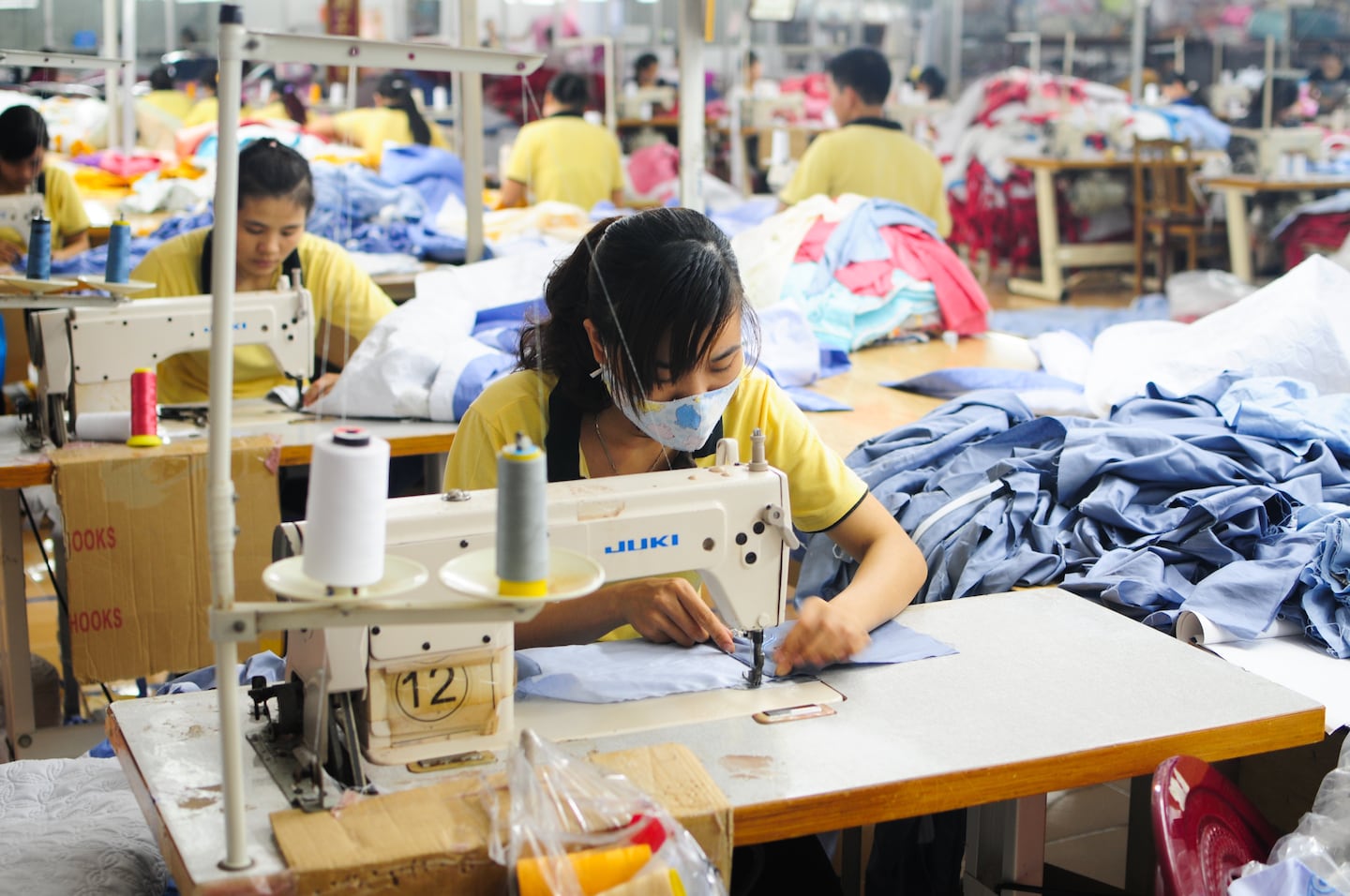
The Business of Fashion
Agenda-setting intelligence, analysis and advice for the global fashion community.

Agenda-setting intelligence, analysis and advice for the global fashion community.

A record surge of Covid-19 infections has forced around a third of Vietnam’s textile and garment factories to halt operations. According to the Vietnam Textile and Apparel Association (VITAS), around 30 to 35 percent of textile and garment factories in Vietnam are now closed.
Footwear, too, has been hit hard by Vietnam factory closures. Taiwan’s Pou Chen, which makes shoes for Adidas and Nike, and South Korea’s Changshin, which also supplies Nike — suspended operations last month. Pou Chen stopped production at a Ho Chi Minh City factory, its largest in the country, on July 14.
Vietnam’s daily new cases have been trending between 7,000 and 8,000 and nearly all of the country’s more than 200,000 infections have been recorded since the beginning of July, 2021.
Vietnam was one of few Asian economies that grew last year despite the pandemic and according to the World Trade Organisation’s (WTO) latest World Trade Statistical Review, the country overtook Bangladesh to become the world’s second largest garment exporter in 2020.
ADVERTISEMENT
The Vietnam Textile and Apparel Association said the vaccination rate among industry workers is “still very low”, prompting the American Apparel and Footwear Association (AAFA) to lobby US President Joe Biden to provide vaccines to Vietnam and other “key partner countries”.
Learn more:
How Fashion Can Tackle Its Supply Chain Crisis
Between factory lockdowns and a shipping crunch, the pandemic is making it difficult for brands to take advantage of surging demand.
Local streetwear brands, festivals and stores selling major global labels remain relatively small but the country’s community of hypebeasts and sneakerheads is growing fast.
This week’s round-up of global markets fashion business news also features Senegalese investors, an Indian menswear giant and workers’ rights in Myanmar.
Though e-commerce reshaped retailing in the US and Europe even before the pandemic, a confluence of economic, financial and logistical circumstances kept the South American nation insulated from the trend until later.
This week’s round-up of global markets fashion business news also features Korean shopping app Ably, Kenya’s second-hand clothing trade and the EU’s bid to curb forced labour in Chinese cotton.